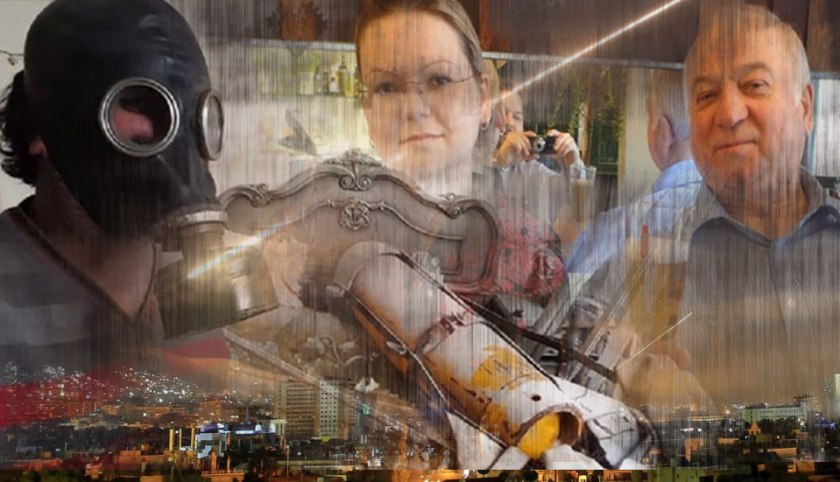
Prominent among last week’s headlines was the news that our government rejected a proposal by the United States to consider expelling Russian diplomats living in our country.*
That expulsion would have been in reprisal for the poisoning of former Russian double agent Sergei Skripal and his daughter Yulia, who were taking refuge in Salisbury, a city in southern England. The foreign relations minister, according to El País, described it as an “impertinent” request that was dismissed immediately. Uruguay, he stated, “is a sovereign country that sets its own policies of relationships with the rest of the world.”
The attack involved a poison named novichok, which is manufactured in Russia and attacks the nervous system. Not only were the two targets injured, but other people who had nothing to do with them were also injured (for example, the police agent who responded to the scene). The Guardian reports that the work to clean all traces of the substance in the locations affected in Salisbury included the shopping center where the elderly spy and his daughter fell ill, the restaurant Zizzi and the tavern Mill (which they had visited that day), their home in the Salisbury suburbs and the home of the policeman injured in the incident, which also needed to be decontaminated. There are reports that 50 people had to be treated. Cleaning will take months and require 200 troops from the British armed forces who specialize in these types of incidents.
This is not the first time that former Russian agents sheltering in Great Britain have suffered a premature death under questionable circumstances. The difference between the earlier cases and the attack in Salisbury is that, while the previous attacks were essentially “clean” (i.e., without collateral effects), the recent one was indiscriminate and seriously affected innocent people and a city (collateral damage). The question is whether this mess is the result of a botched execution or the fruits of a deliberate decision directed at testing the strength and will of Great Britain and its NATO allies against an act of such severe aggression.
This episode is one more in a long series of aggressive actions by Russia that include the occupation of Crimea, intervention in Ukraine and support for that authentic humanitarian cutie that is the president of Syria.
As of now, 20 countries have joined in the reprisals. The majority of those belong to the European Union or to NATO. Australia expelled two diplomats. The prime minister of New Zealand declared that she supported those countries that had expelled Russian diplomats and that she was willing to follow their example but, unfortunately, had not found any Russian spies to expel.
An attack like the one in Salisbury can be viewed as an act of state terrorism and poses a complex challenge that touches vital interests, not only to the United Kingdom, the victim of the attack, but also to the entire international community.
These are acts of aggression that attack the sovereignty of all other nations. It is not acceptable behavior with regard to relations between civilized nations. They are a danger to the security of all nations. Including ours.
*Translator’s note: This refers to a request made by Vice President Mike Pence at a meeting of the Organization of American States in Lima, Peru, on April 13-14, 2018. The president of Uruguay made this request and his government’s response public on April 20.

Leave a Reply
You must be logged in to post a comment.